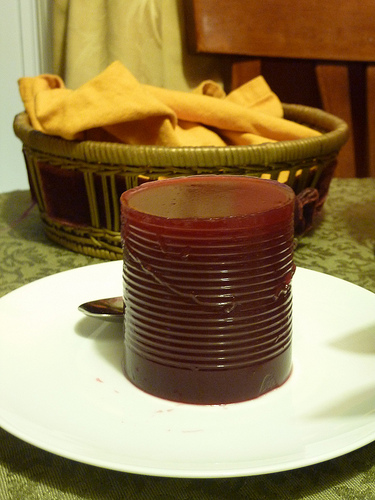Jan 04 2011
On Pedersen’s “Negotiating Cultural Identities through Language: Academic English in Jordan”
My second article/review reading in the December 2010 CCC is Anne-Marie Pedersen’s “Negotiating Cultural Identities through Language: Academic English in Jordan.” I should point out at the outset that I haven’t read much of anything on English as a second/non-native/additional language since graduate school, and even then, I didn’t read much. So the general area of Pedersen’s article is largely something I haven’t studied and am not that interested in. Not because it’s not important, of course– it is; it’s just something that hasn’t been much an issue for me in my teaching and in my main scholarly focus.
The first thing I thought about in reading this article is this would be a good one to show to grad students in the fall when I teach English 621, which is our sort of research methods/capstone/get ready to work on your MA project class. Pedersen’s essay is an excellent example of the structure and genre or “research essay” of the sort that a lot of our students do involving subjects: she introduces the problem, explains her methodology and interview subjects, discusses and concludes (while at the same time drawing on lots of relevant scholarship in the field), and she includes a couple appendixes about her research subjects and questions, notes (including reference to IRB), and a works cited. Her project involves 24 subjects, which is quite a bit bigger a project than most of MA students should/would tackle, but it looks to me like this work was the basis of Pedersen’s dissertation.
I also like how Pedersen’s project asks a “manageably-sized” question about English use among a set of scholars in the Arabic world (specifically Jordan). That’s it. She isn’t trying to find the answer to “life, the universe, and everything,” which is a problem I see frequently with MA students, especially when they start their projects. I tell students you don’t want a project that is like a big shaggy wet dog leaving fur and drool and who knows what everywhere; rather, you want a small and well-groomed lap-dog of a project, the kind of dog/project where the reaction is “aww, that’s adorable.” So when I say that Pedersen’s project is like a well-groomed lap-dog, I mean that as a compliment.
Ultimately, she finds that her subjects’ relationships with English are complicated. They rely on English for their scholarship and their teaching, but they value Arabic in their day-to-day lives. English is the language one of her subjects uses for his phone because he had not bothered to learn how to use Arabic on it; it’s the language another subject uses to communicate with their Philippine (sp??) nanny because she doesn’t speak Arabic, and it’s the language of the TV shows this subject’s kids watch; and it is the language another subject uses to write things that are somehow politically charged. So on the one hand, English is problematically hegemonic; on the other hand, it is simply the common and accepted language of scientific discourse.
There are only two issues/questions I have about all this. First, I wonder what the results would be had Pedersen studied language use among scientists or academics in a country that had not had some sort of English colonial history. I am not sure that English is as necessary or empowering among scholars in places like Russia, France, or Brazil, for example. Second, she’s talking specifically about science here. I heard on the radio the other day about a site called Three Percent, the amount (evidently) of the literature written not in English that is ultimately translated into English. In other words, I can see why it would be critical for scientists participating in an international discourse to know and use English, but I’ll bet you there are plenty of Jordanian and other Arabic poets and fiction writers who are quite successfully practicing their art without English.

